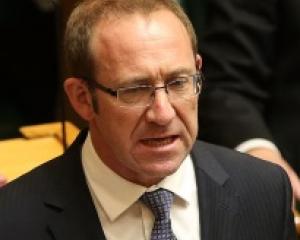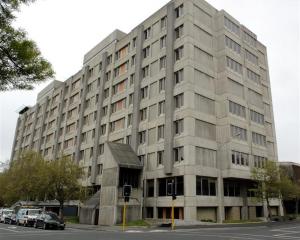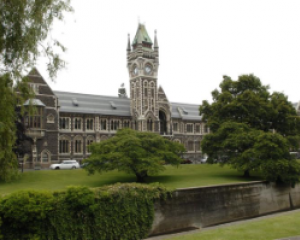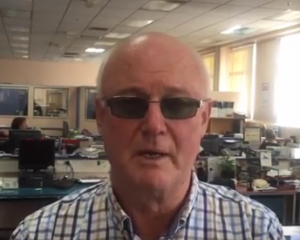
The South's bowel cancer rate is among the highest in New Zealand.
The long-awaited announcement will see $39.3 million spent over four years.
Screening will begin in Hutt Valley and Wairarapa DHBs, and will take three years to roll out nationally.
People aged 60 to 74 will be eligible for bowel screening every two years.
Bowel Cancer New Zealand spokeswoman Sarah Derrett, an associate professor at the Dunedin School of Medicine, said she felt relieved after years of lobbying for the programme.
But she is disappointed by the long implementation timeframe, and would have liked to see the programme target those aged 50 to 59 as well.
She was surprised Otago and Southland had not been prioritised.
"We know that we've got higher death rates from bowel cancer in the southern part of New Zealand, and I would hope they would move very quickly to reach regions such as South Canterbury, Southland, Otago.''
Bowel cancer campaigners grew frustrated during a long-running pilot scheme in Waitemata DHB.
It was successful in saving lives, but the Government appeared reluctant to commit to the nationwide expansion.
"I'm so happy, I'm beaming.
"We've waited so long for this, it's just a relief,'' Dr Derrett said.
Dunedin man Wayne McFarlane, who has a family history of bowel cancer, was disappointed the South had not received priority.
Otago, Southland, and South Canterbury had the greatest need, he said.
"The Budget roll-out of the national bowel screening programme in 2017 is long overdue and unfortunately is initially targeting the wrong regions. Why not begin where it is worst?
"With bowel cancer treatable ... if caught early, family members are therefore mindful of our health and therefore requires us to have a regular colonoscopy,'' Mr McFarlane said.
Health Minister Jonathan Coleman said the programme would screen more than 700,000 people every two years once fully implemented.
"We know that bowel screening saves lives by detecting cancers at an early stage when they can more easily be treated.''
Dr Coleman said the Government had been investing extra in colonoscopy since 2013 to prepare the sector for increased demand.
"In line with international best practice for adoption of screening programmes, a staged approach is planned. Information from the pilot and discussions with the sector have confirmed there will be a sufficient clinical workforce to deliver the additional colonoscopies required for a staged roll-out of a national programme.''
Bowel cancer screening
• $39.3 million over four years.
• Allows nationwide expansion of scheme.
• People aged 60 to 74 to be offered bowel screening test every two years.
• About 3000 New Zealanders diagnosed each year, and about 1200 die each year.
• Campaigners happy but also disappointed.








